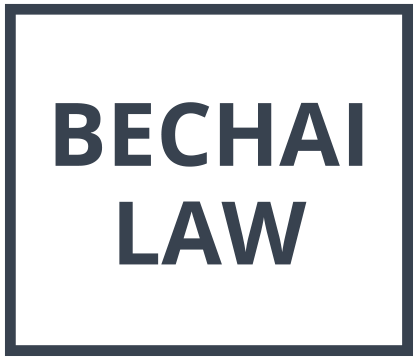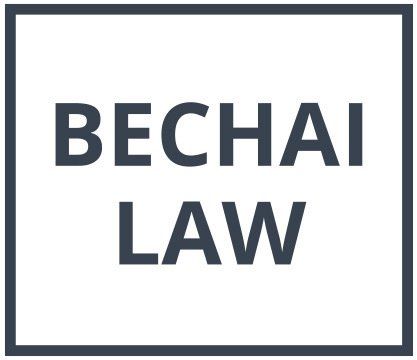Incapacity Planning
Who will manage your finances if you can't?
When people are estate planning for the first time, they typically call asking for a Will. However, an important part of estate planning is to turn our minds to what happens in the event we become incapable of managing our personal affairs. This is sometime referred to as "incapacity planning".
A Will only comes into effect on your death. If you become physically or mentally ill, perhaps as result of an accident or due to a medical condition such as Alzheimer’s or dementia, then you may need someone else to manage your finances for you. This is where a Power of Attorney for Property is invaluable.
A Power of Attorney for Property is a document wherein you appoint someone, commonly called an “Attorney” or a Substitute Decision Maker, to make decisions on your behalf, say – if you are mentally incapable, as they relate to your finances. (Note that a Power of Attorney for Property is a different document from A Power of Attorney for Personal Care. In that document, you appoint someone to make decisions on your behalf in the event you become mentally incapable of making decisions that relate to your treatment, personal care or placement in a facility.)
It is a common misconception that if you are mentally incapable, your next of kin can automatically manage your financial affairs on your behalf. In fact, it is unlikely that they will be able to access, manage and control assets that are held in your name alone. While it is true that joint account holders may be able to manage certain accounts, they may not be able to make certain other decisions on your behalf.
Consider for example the situation where you are in an accident and suffer severe physical injuries and a cognitive decline. As a result, your spouse would like to sell your house to move you to a more accessible home. Pursuant to the Family Law Act
(Ontario), even if you own your house jointly with your spouse, your spouse is not permitted to sell or encumber your matrimonial home without your consent or that of your Substitute Decision Maker. In this scenario, because you may not have capacity to consent to the sale of the house, your spouse would need for someone to sign off on your behalf under the authority of a Power of Attorney for Property (it may ultimately be your spouse who signs on your behalf, but they must do so as appointed Substitute Decision Maker).
It may be that you have signed a Power of Attorney with your bank. If this is the case, note that it may likely only apply to certain accounts covered by that particular document. When estate planning, we usually prepare a Power of Attorney for Property that can be applied more generally to all of your assets in Ontario.
So what happens if there is no Power of Attorney for Property? Who manages your financial affairs then?
Where there is no Power of Attorney for Property, someone must file an application with the court to be appointed as your “Guardian”. A Guardian for property has similar powers to an Attorney for Property, however they are appointed by the court instead of being chosen by you. The application process takes time and is costly – not only are legal fees often incurred, but during the time that it takes to have a guardianship application granted, investments may suffer losses, purchase and sale agreements may be terminated and other financial losses may be incurred. Until a Guardian is appointed, your assets may be managed by the Public Guardian and Trustee.
Therefore, remember to ask your lawyer about a Power of Attorney for Property the next time you call about your Will.



